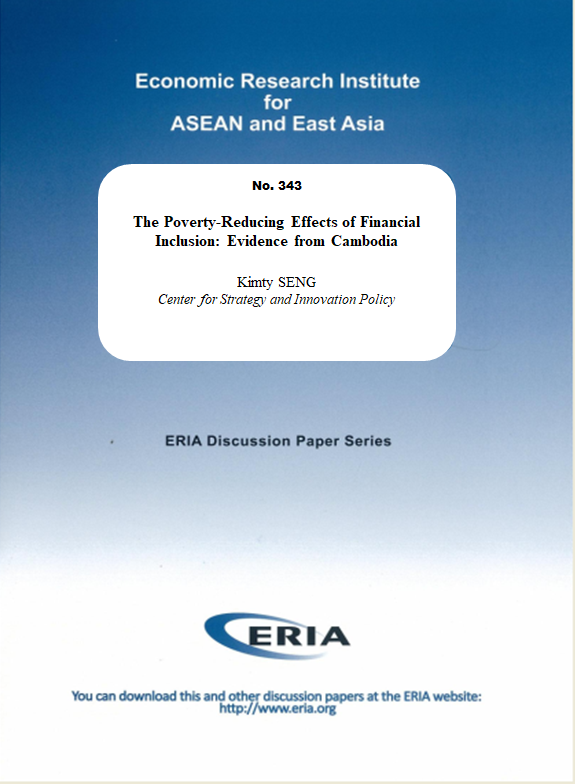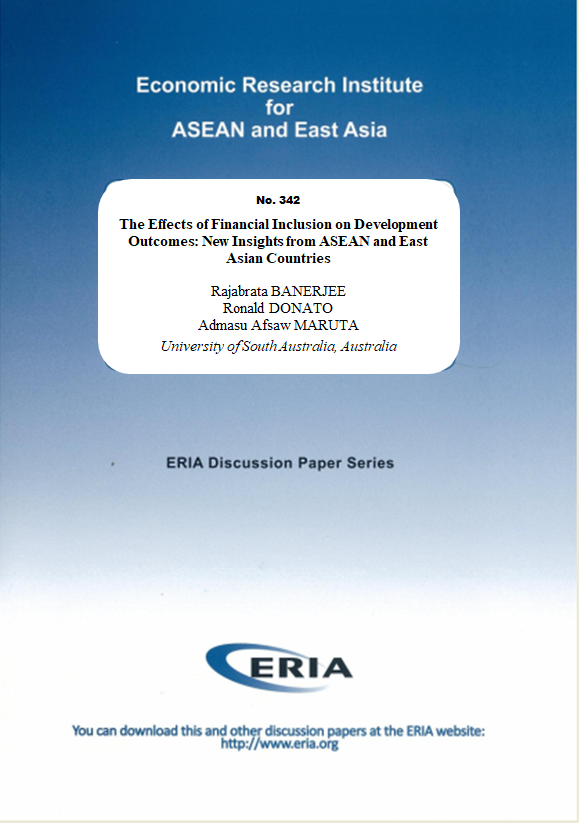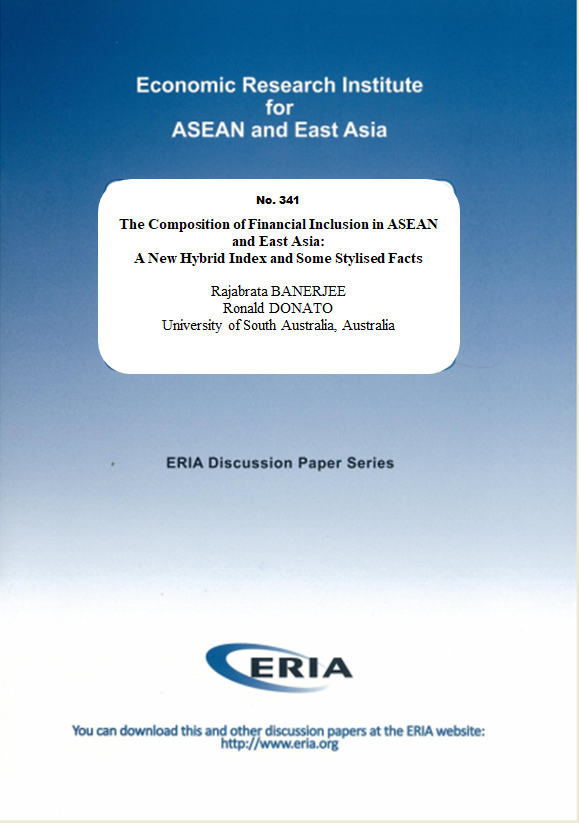The Poverty-Reducing Effects of Financial Inclusion: Evidence from Cambodia

Date:
28 September 2020Category:
CambodiaType:
Discussion PapersTags:
Cambodia, Finance, Financial Inclusion, PovertyPrint Article:
This study analyses the effects of financial inclusion on poverty in terms of household income per capita in Cambodia, with data from the FinScope Survey carried out in 2015. The analysis describes the effects via financial literacy, accounting for endogenous selection bias resulting from unobserved confounders and for structural differences between users and non-users of financial services in terms of income functions. The findings suggest that the use of financial services is very likely to make a great contribution to reducing household budget deficits and poverty if the users, female in particular, have at least basic financial knowledge.
The Poverty-Reducing Effects of Financial Inclusion: Evidence from Cambodia




